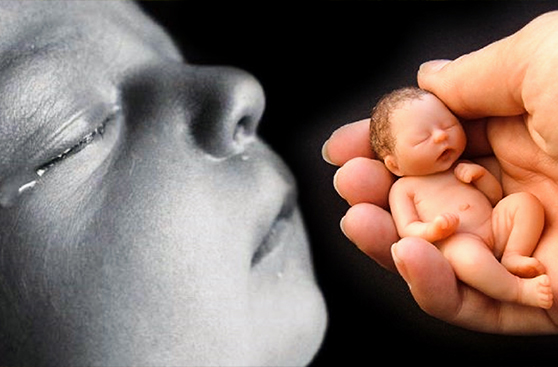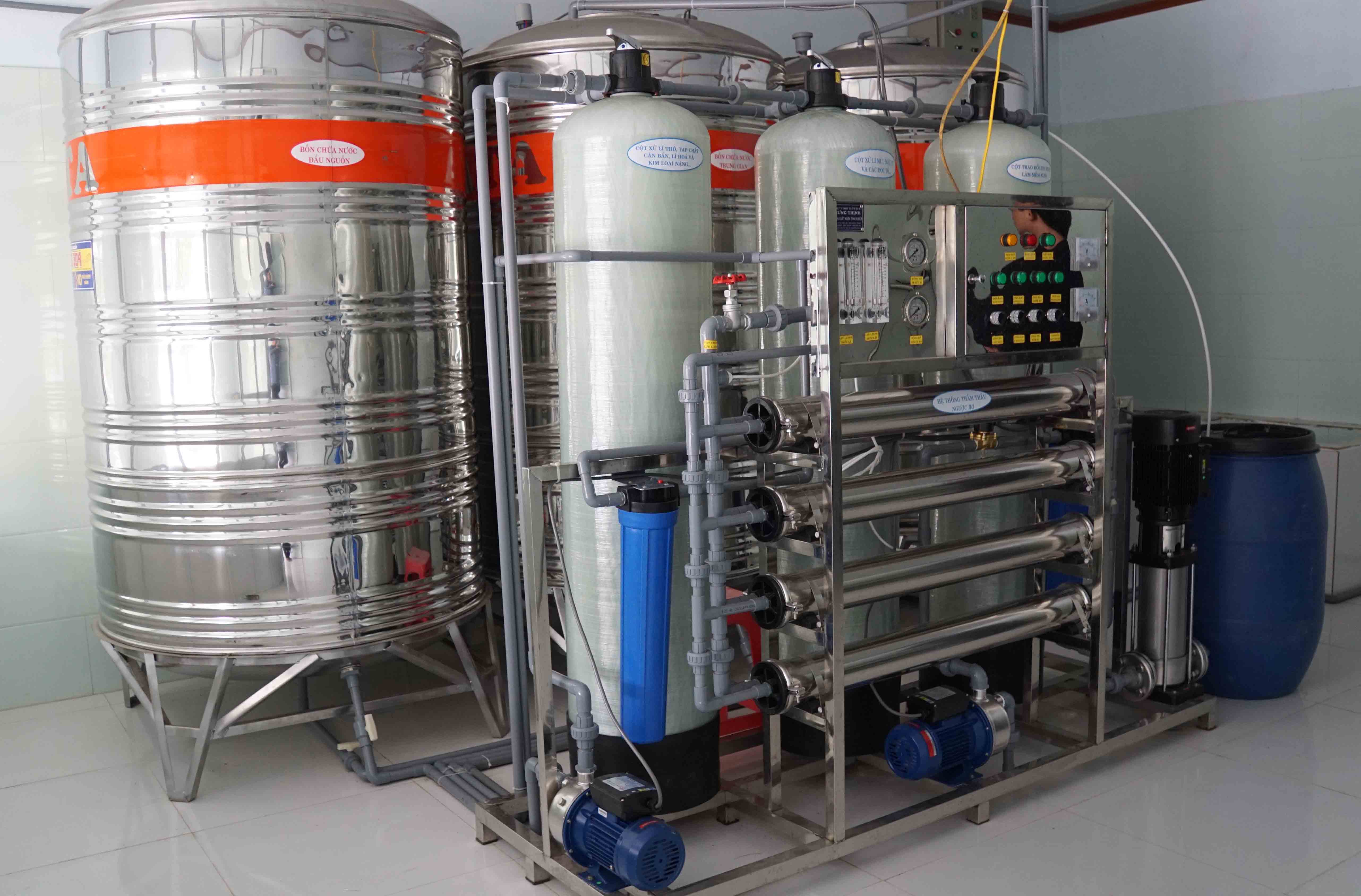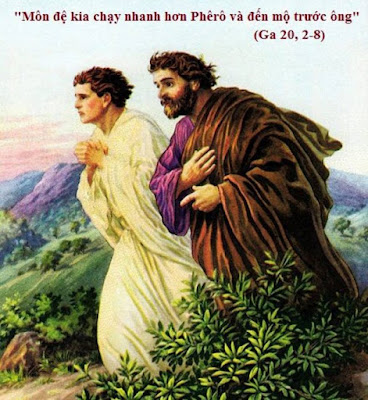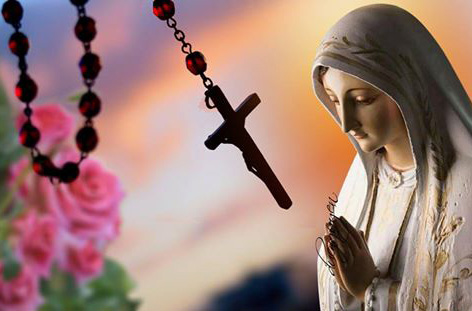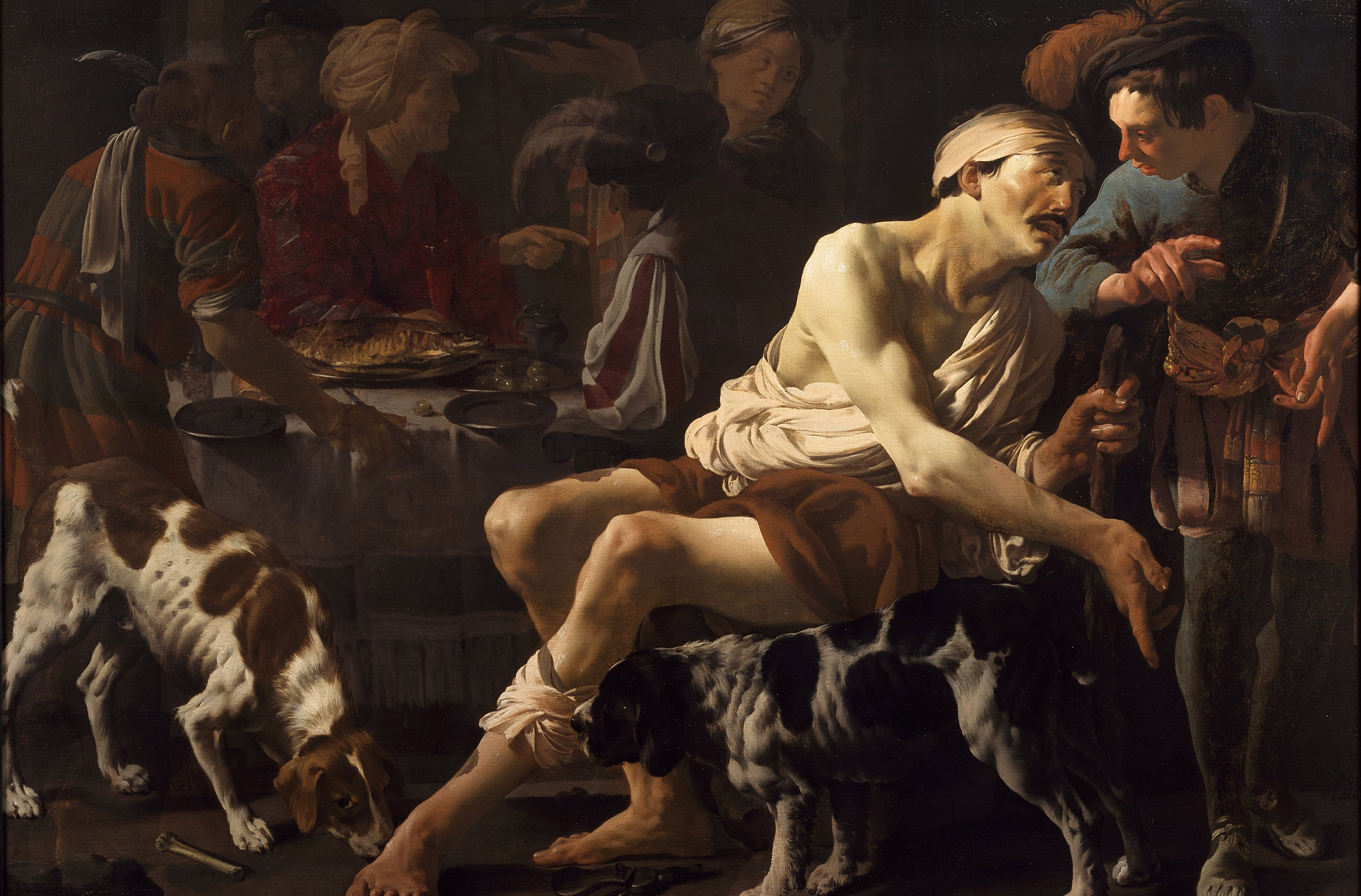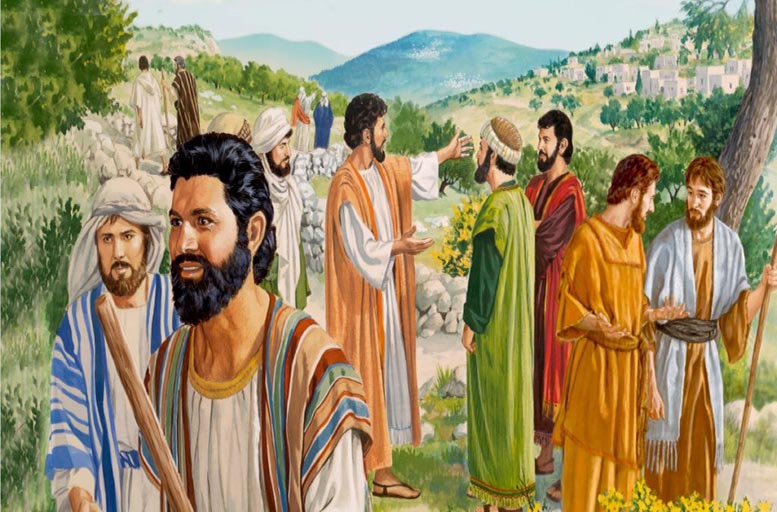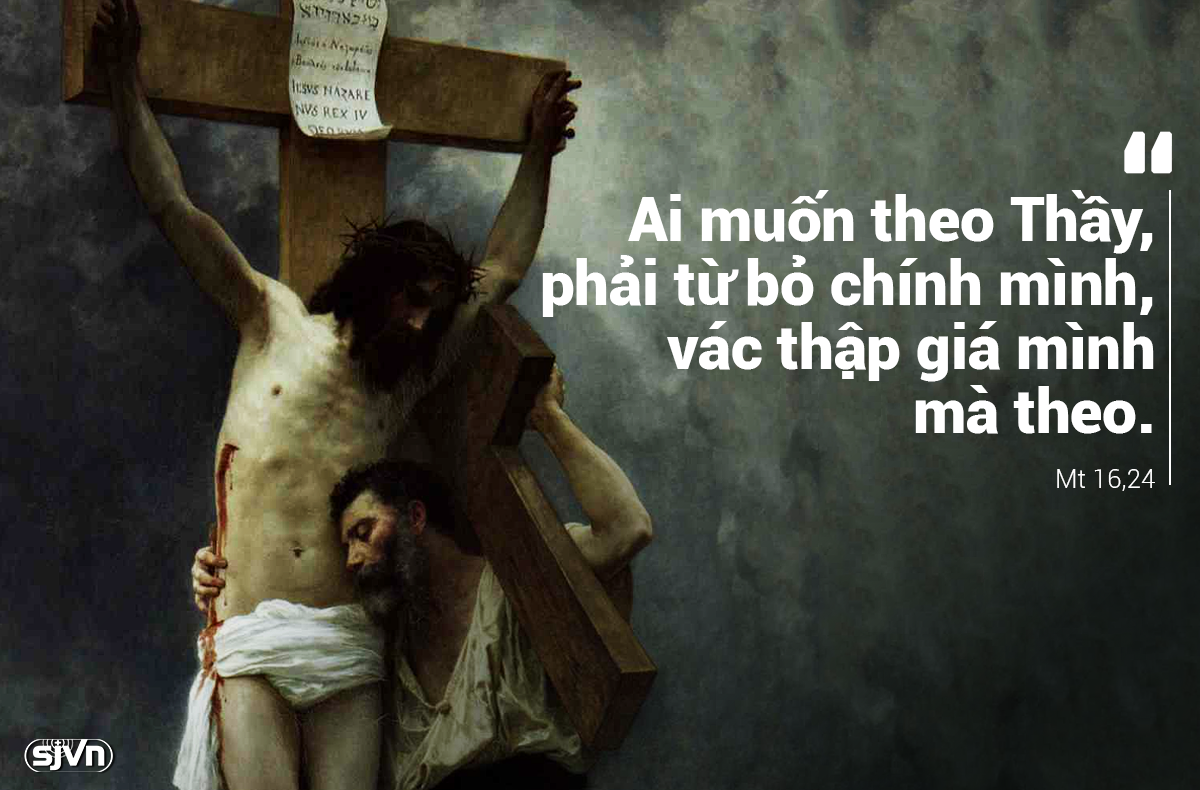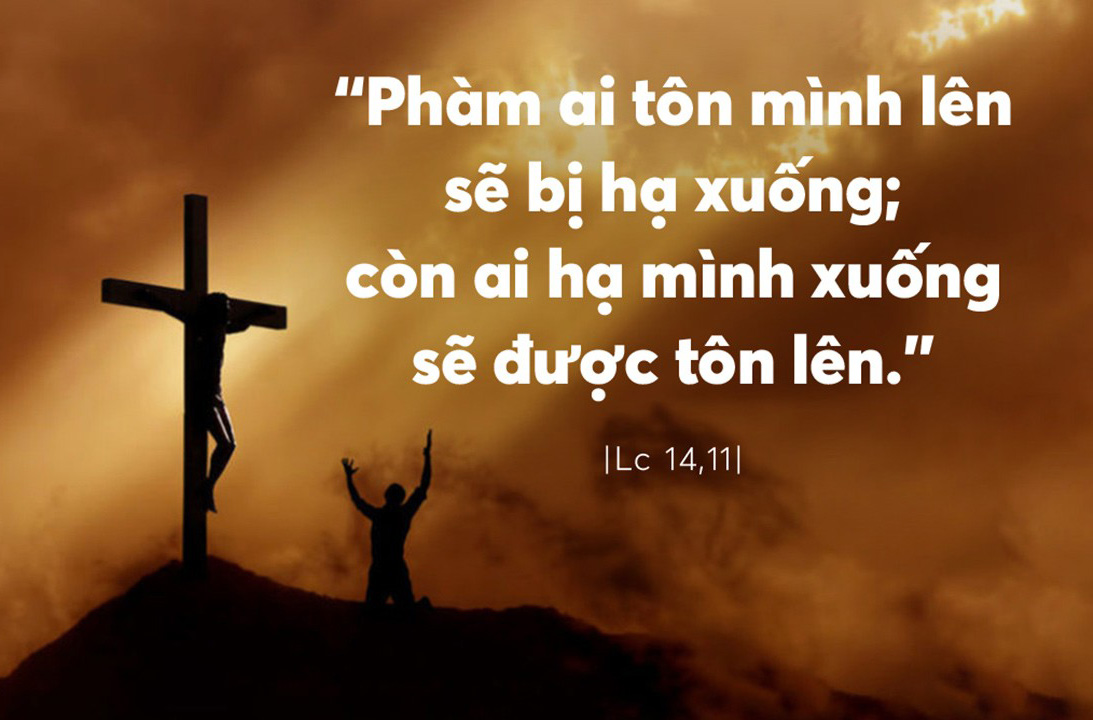Reflection
30th Sunday in Ordinary Time |Year C
Luke 18:9-14
Jesus spoke the following parable to some people who prided themselves on being virtuous and despised everyone else. "Two people went up to the temple to pray, one a Pharisee, the other a tax collector. The Pharisee stood there and said this prayer to himself, “I thank you, God, that I am not grasping, unjust, adulterous like the rest of mankind, and particularly that I am not like this tax collector here. I fast twice a week; I pay tithes on all I get.” The tax collector stood some distance away, not daring even to raise his eyes to heaven; but he beat his breast and said, “God, be merciful to me, a sinner.” This man, I tell you, went home again at rights with God; the other did not. For everyone who exalts himself will be humbled, but the man who humbles himself will be exalted."
Reflection
The Pharisee in this parable was a control freak. He boasted that his life was wonderfully in order. He had his entry to heaven well-organized, and had instituted a religious routine to ensure that it would happen. He had (or thought he had) his passions and sinful impulses under control, and felt justified in looking down on those who he believed didn’t have that level of personal control. Being so totally well-organized and in control in his religious life he saw himself as superior in every way to the tax collector.
The tax collector’s job meant that he was often unpopular and subject to abuse. He encountered all kinds of people in a stratified society, and was much more familiar with the messiness and emotion of human life than the Pharisee. He never knew what he would encounter when he set out to collect taxes from a person, so his life was always full of uncertainty. His tax collecting exposed him to people in difficulties, which meant he understood human nature much better than the Pharisee did. It also meant he understood himself, and in understanding his own humanity he was able to open himself to the goodness and mercy of God.
The Pharisee did not need God. He was perfect entirely as a result of his own actions. He had God under control.
In some of our most stressed moments we are susceptible to being driven by an inner urge which tells us that if we just do this or acquire that, our lives will better, less out of control and less stressful. We fail to see that trying to exert control over everything around us can in itself be profoundly stressful. It can also cause deterioration in our relationships with family or fellow workers, and squeeze out of our lives those moments of unexpected grace which provide an uplifting and refreshing joyfulness.
Many things can be at the heart of the desire to totally control our lives. It may be something sinful as was the case with the Pharisee, who could not see his own sins of pride and ambition. It may be that we have been badly hurt, physically or emotionally, and may subconsciously be trying to control whatever it was that caused us harm. It could be that we see no way to manage workload stress other than being in total control of every detail.
Whatever the immediate problem is which pushes us towards the lifestyle of a control freak, at its heart there is a problem with trusting God and letting him into our lives, an infinitely merciful and compassionate God who desires only our good. That was the difference between the tax collector and the Pharisee.
The List of Contributions Received by Caritas Vietnam
1. The list of 2024 contributions to the Caritas Vietnam general charity fund
2. The list of 2023 contributions to the Caritas Vietnam general charity fund
Latest project information
Copyright © 2018 by COMMISSION on CHARITY and SOCIAL ACTIONS - CARITAS VIETNAM
Total visits: 25,042,835


